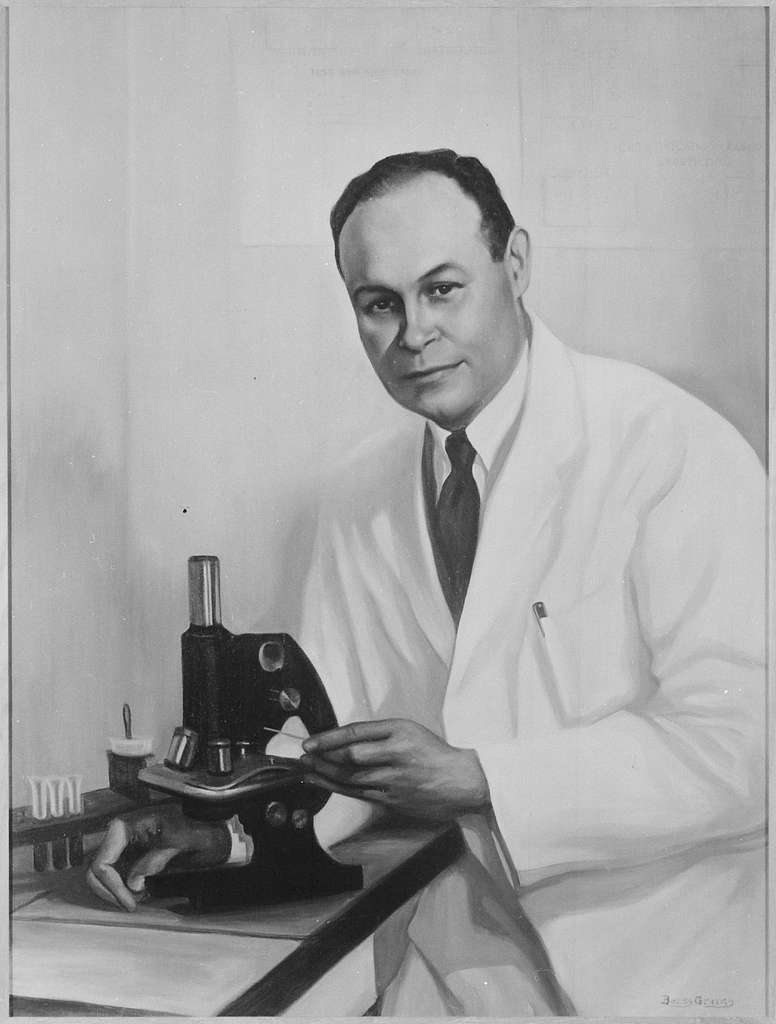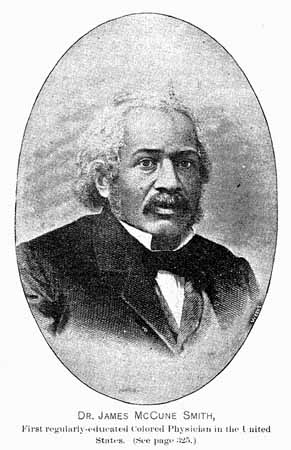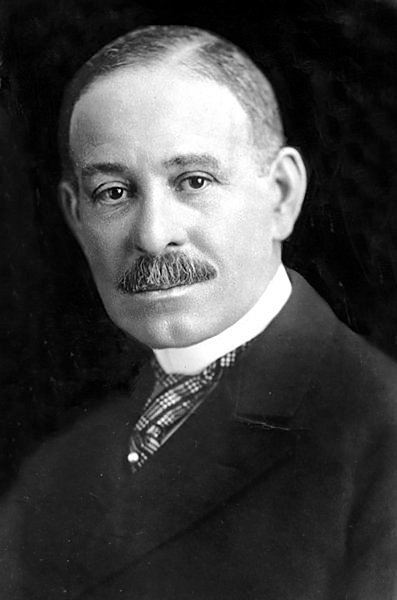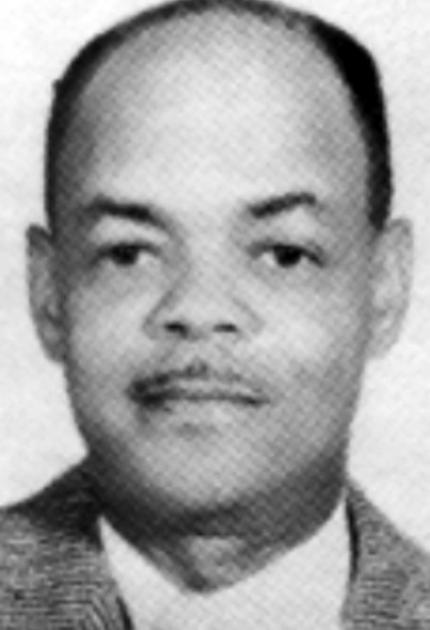February is Black History Month in the United States and it’s a month dedicated to paying tribute to African American history. The Association for the Study of African American Life and History has chosen Black Health & Wellness as this year’s theme.
Some of today’s most innovative and important medical practices were first developed by African Americans. They include open-heart surgery, which allowed for the treatment of many human diseases with less risk than other procedures; a pacemaker used to manage symptoms associated with cardiomyopathy (heart problems) like irregular heartbeat or sudden death – these devices have saved countless lives! Researchers continue exploring what else can be accomplished through research into blindness caused due to macular degeneration as well cognitive disorders such as Alzheimer’s disease
Throughout history, black medical pioneers have made significant contributions to the field of medicine, despite facing discrimination and obstacles. Here are 5 extraordinary black medical pioneers who changed the world.
Charles Drew (1904-1950)

When the surgeon Charles Drew was given credit for discovering a way to store blood plasma long-term, he had just one of many contributions that made possible wartime saving. His innovation standardized procedures used by American Red Cross and saved thousands across World War II.
Solomon Carter Fuller (1872–1953)

Dr. Solomon Carter Fuller is a psychiatrist who has been tirelessly working to understand and treat Alzheimer’s disease since it was first discovered over 100 years ago by Alois Alzheimer, the founder of modern neuroscience as we know it today!
While the results of Fuller’s research helped to confirm that Alzheimer’s was not caused by insanity, but rather a physical disease that affects one’s brain.
James McCune Smith (1813 — 1865)

James McCune Smith became the first Black American to receive a medical degree in 1837. He had been denied enrollment at several US universities because of his race, so he traveled abroad and enrolled as an undergraduate student at Glasgow University instead where there were no restrictions against African Americans attending classes with European counterparts!
He not only broke barriers as the first black person to own and operate a pharmacy in America but also through his work with medicine.
Daniel Hale Williams (1856-1931)

When Daniel Hale Williams performed the world’s first open-heart surgery in 1893, he did so on a Chicago man after nearly being stabbed to death. According to Columbia Surgery magazine’s article about this eventful day for medicine history makers; “The patient was a 28 -year old messenger who had been attacked by two attackers with knives.”
As a surgeon in Freedmen’s Hospital, he ensured that former slaves received quality medical treatment.
Otis Boykin (1920–1982)

Otis Boykin is a forgotten black inventor whose work with electrical resistors helped pave the way for modern-day life-saving devices like pacemakers. His resistor has been quickly incorporated into several products, including guided missiles and IBM computers. A key electronic component that impedes the flow of electrical current it’s an important part of any technology-based system used today!
As we reflect on Black history during this February, let us remember and celebrate the lives of all black people. We must continue to work together to improve the health and wellbeing of all people, regardless of race or ethnicity. The twelve individuals profiled in this article are a small representation of the countless people who have dedicated their lives to making progress for all. What will you do to help make the world a healthier place as a medical assistant?
